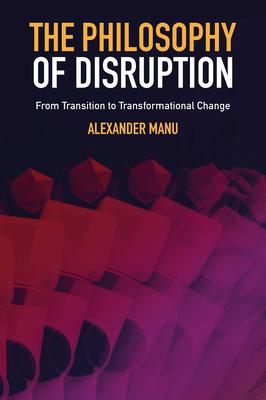A disruption occurs when human motivation embraces new technology and allows it to enhance and expand the experience of everyday life - the disruptor is the technology, while disruption is the human being engaged in a new behaviour. The acceptance and appropriation of new technologies creates a business disruption, which changes, interrupts, transitions, and eventually transforms people’s habitual way of doing things. The Philosophy of Disruption provides a structural understanding of how disruption differs from regular change, presenting methods for conceptualizing beneficial responses into products, services, or experiences.
Knowledge about disruption is not about knowing what happens, but how it happens. The core challenge of disruption is the essential questions we need to ask in every situation and why we need to ask them. Formulating testable principles of disruption, two critical phases are described in The Philosophy of Disruption, preparing rapid responses to disruptors: firstly, the transition phase - the immediate changes brought about by a radical new idea fundamentally altering our relationships. Secondly, the transformative change phase - using that radical new idea to establish and sustain an entirely new organization or system.
Investigating and clarifying these transitions and transformations, The Philosophy of Disruption provides a framework for measuring, planning, and changing how organizations are run, offering processes for understanding and translating conceptualization into action.











